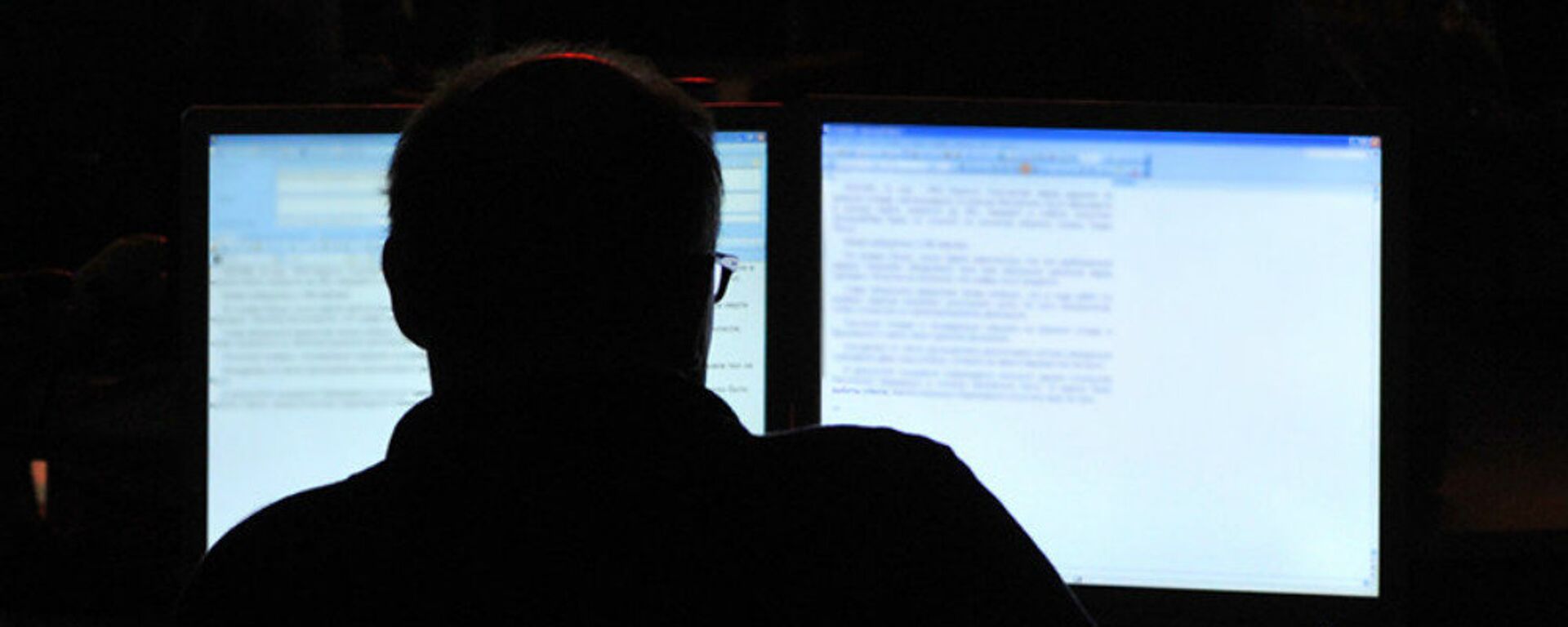https://sputnikglobe.com/20221012/researchers-discover-why-showering-can-help-you-come-up-with-good-ideas-1101778265.html
Researchers Discover Why Showering Can Help You Come Up With Good Ideas
Researchers Discover Why Showering Can Help You Come Up With Good Ideas
Sputnik International
Showering does not seem to be the only activity that can stimulate one’s creative mind, with other mildly-engaging tasks also helping in the matter. 12.10.2022, Sputnik International
2022-10-12T17:28+0000
2022-10-12T17:28+0000
2022-10-12T17:28+0000
science & tech
ideas
tasks
creativity
https://cdn1.img.sputnikglobe.com/img/105625/97/1056259777_190:0:1731:867_1920x0_80_0_0_d5cb95effbb7d47d0822031393faba4d.jpg
Researchers in the United States have come up with an interesting theory that might explain why one might suddenly have an epiphany while engaging in some apparently mindless task or taking a shower.According to a press release by the University of Virginia, those behind the new study published in the Psychology of Aesthetics, Creativity, and the Arts journal suggest that the key may be the apparently mindless tasks not being entirely mindless.He pointed at previous research from 2012 which evaluated the ability of participants to come up with creative alternate uses for everyday items after performing “tasks of various levels of mental demand” for a while, with participants whose tasks were less demanding displaying higher results.But while follow-up studies apparently yielded inconsistent results, Irving argued that they were “measuring how distracted the participants were” instead of measuring “mind-wandering”.During the course of their own research, Irving and his colleagues asked two groups of participants to come up with alternate uses for either a brick or a paperclip.Prior to performing said task, the first group watched a “boring” video of two men folding laundry, while the second group watched a “moderately-engaging video” – a three minute scene from “When Harry Met Sally” in which a character demonstrates how to fake an orgasm.The results showed that mind-wandering did help participants come up with a greater number of ideas, but only when they were watching the “moderately-engaging video”.
https://sputnikglobe.com/20220909/why-doomscrolling-is-so-bad-for-your-mental-health-and-wellbeing-1100604933.html
Sputnik International
feedback@sputniknews.com
+74956456601
MIA „Rosiya Segodnya“
2022
Sputnik International
feedback@sputniknews.com
+74956456601
MIA „Rosiya Segodnya“
News
en_EN
Sputnik International
feedback@sputniknews.com
+74956456601
MIA „Rosiya Segodnya“
Sputnik International
feedback@sputniknews.com
+74956456601
MIA „Rosiya Segodnya“
science & tech, ideas, tasks, creativity
science & tech, ideas, tasks, creativity
Researchers Discover Why Showering Can Help You Come Up With Good Ideas
Showering does not seem to be the only activity that can stimulate one’s creative mind, with other mildly-engaging tasks also helping in the matter.
Researchers in the United States have come up with an interesting theory that might explain why one might suddenly have an epiphany while engaging in some apparently mindless task or taking a shower.
According to a press release by the University of Virginia, those behind the new study published in the Psychology of Aesthetics, Creativity, and the Arts journal suggest that the key may be the apparently mindless tasks not being entirely mindless.
“Say you’re stuck on a problem,” said Zac Irving, assistant professor of philosophy at the University of Virginia and one of the authors of the new paper. “What do you do? Probably not something mind-numbingly boring like watching paint dry. Instead, you do something to occupy yourself, like going for a walk, gardening, or taking a shower. All these activities are moderately engaging.”
He pointed at previous research from 2012 which evaluated the ability of participants to come up with creative alternate uses for everyday items after performing “tasks of various levels of mental demand” for a while, with participants whose tasks were less demanding displaying higher results.
But while follow-up studies apparently yielded inconsistent results, Irving argued that they were “measuring how distracted the participants were” instead of measuring “mind-wandering”.

9 September 2022, 14:12 GMT
During the course of their own research, Irving and his colleagues asked two groups of participants to come up with alternate uses for either a brick or a paperclip.
Prior to performing said task, the first group watched a “boring” video of two men folding laundry, while the second group watched a “moderately-engaging video” – a three minute scene from “When Harry Met Sally” in which a character demonstrates how to fake an orgasm.
“What we really wanted to know was not which video is helping you be more creative,” Irving said. “The question was how is mind-wandering related to creativity during boring and engaging tasks?”
The results showed that mind-wandering did help participants come up with a greater number of ideas, but only when they were watching the “moderately-engaging video”.




